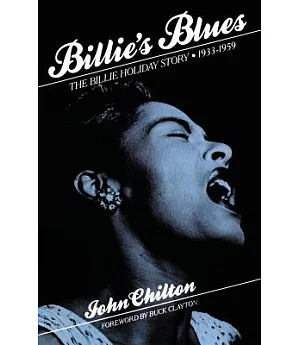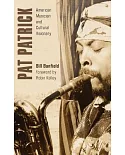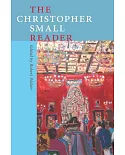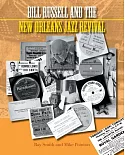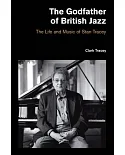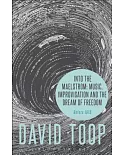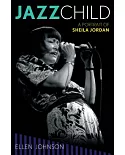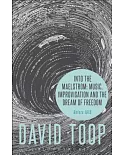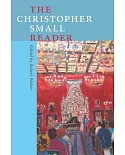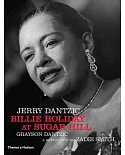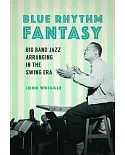Anyone who has ever heard a Billie Holiday record knows the sound of her voice—sad, sexy, always relaxed but securely aware of the beat. Conveying a poignancy that cut to the heart of a song,
she redeemed even trivial material with her impeccable sense of dramatic phrasing and time. The well-known tale of her lifelong battle with drugs has obscured the artistry that has made her
one of the most revered singers of the twentieth century. Everyone from Frank Sinatra (who in the 1950s called her ”unquestionably the most important influence on American popular singing in
the last twenty years”) to Ella Fitzgerald and Sarah Vaughan has recognized the singularity of her interpretations. The racism that Billie found at every turn, whether in Artie Shaw’s band or
in the heart of the south, immortalized in the chilling song ”Strange Fruit,” cannot be overlooked in her biography. Jazz historian John Chilton has told the story of her short, tragic,
influential career with restraint, correcting many of the more sensational tales she wrote about herself in Lady Sings the Blues. Buck Clayton, who knew Billie in the Basie band during
the nineteen-thirties, has written a warm and personal foreword to this fascinating biography of a great American artist.

